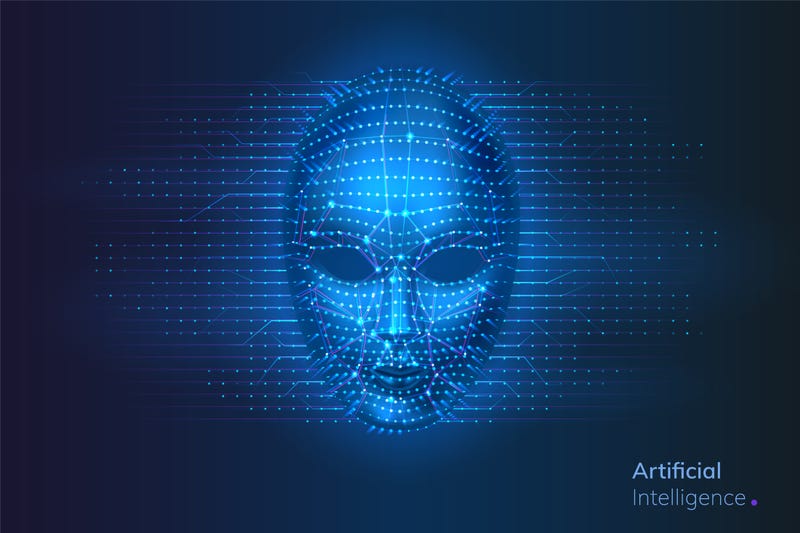
ST. LOUIS, MO (KMOX) - That person you're interacting with online may not be real.
Federal investigators say they expect to see an increase in what they call "synthetic content" -- altered or computer generated images and video -- also known as "deepfakes". The FBI warns altered and generated user profiles, images and videos could be used to influence, spoof, and extort.
"Something that used to be available only to big pocket CGI, Hollywood type stuff, is now becoming pay for play or paying people $5 to $7 per hour to create it for bad actors," says Scott Bokal, Owner of St. Louis-based JB Hammer Digital Forensics.
Along with concerns these sophisticated fakes could be used to trick people into clicking malicious links, Bokal says videos of government or corporate leaders could be altered and used as blackmail. "Can you imagine if the CEO of a company was spoofed to say, something involving policy or hate speech, something that would set fire to the community? It would have massive ramifications."
Bokal says altered videos could also be used to force victims to pay ransoms.
The FBI warning alleges Russian and Chinese groups are already using artificial intelligence and machine learning techniques to create real-looking profile images of non-existent people to make their messages appear authentic to online users.
@2021 Entercom (KMOX). All rights reserved.
